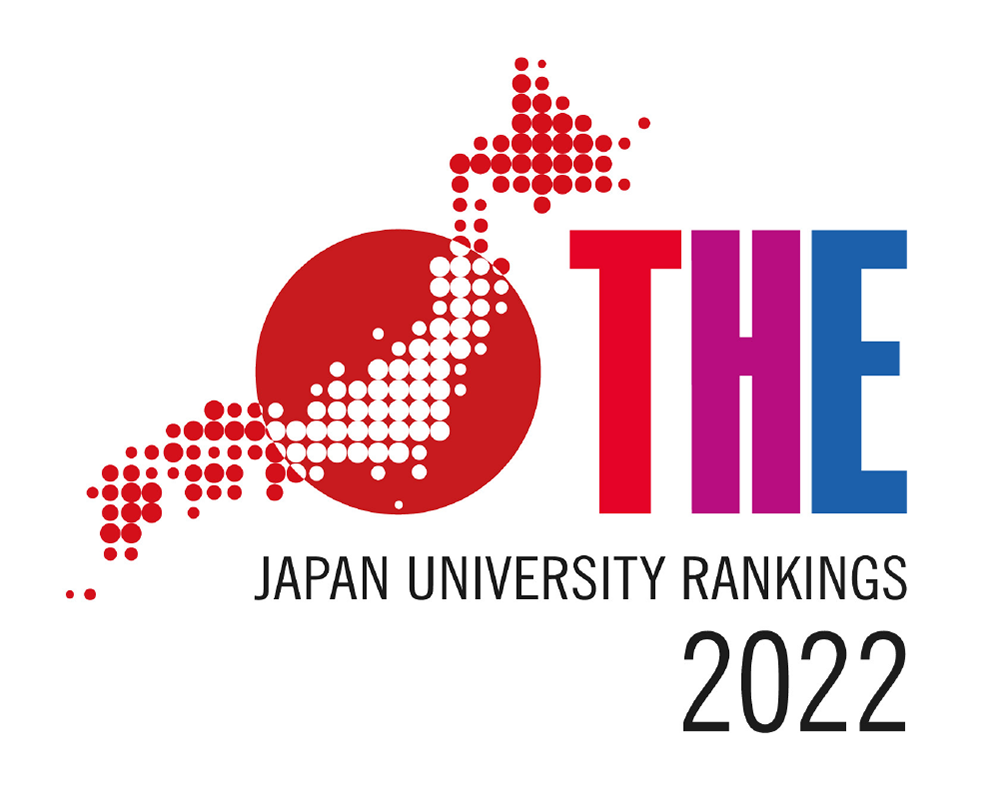

Japan is experiencing a declining birthrate and aging population ahead of other countries, and the maintenance and development of local economies, municipal functions, and communities is an urgent issue. These issues are also likely to arise in Europe, the U.S. and other Asian countries, where the birthrate is gradually declining and the population is aging. Similar to Japan, Malaysia and the Philippines have been successful in attracting tourists to their major cities and famous resort areas, but many local cities are struggling to attract tourists. The initiatives of Nanki-Shirahama and Awaji Island are based on a two-pronged approach of attracting human resources (utilizing external resources) and utilizing local tourism resources (utilizing internal resources), and are examples of the use of cutting-edge IoT, which will provide know-how that can be deployed in the countries of the participants.
Nanki-Shirahama Airport was privatized in April 2019 through a concession system. As a demonstration experiment of IoT hospitality services throughout the region, NEC’s face recognition system will be adopted, and a system will be introduced in which travelers can use their registered “faces” as passports before departure at hotels, theme parks, shopping, etc., to check in, enter and exit rooms without keys, and enjoy shopping without the need for wallets or smartphones. In addition, Pasona Inc. has introduced a system that allows people to enjoy shopping without the need for a wallet or smartphone. One of Pasona’s initiatives on Awaji Island is the BPO (Business Process Outsourcing) business. This initiative is expected to increase the number of people living in the local area, as well as develop BPO services beyond the national borders.
In this course, while carefully unraveling these elements one by one, students will understand how they are connected and how they are structured, as well as listen to the real voices of those involved and visit related facilities to acquire the theories we have learned. Through group work, we will also learn about local resources. In addition, through group work, the participants will have an opportunity to think about how to discover local resources and how to develop Japanese know-how for regional revitalization in their countries.
日本では他国に先駆けて少子高齢化が進んでおり、地域経済や自治体機能、コミュニティの維持発展が喫急の課題となっている。これらの課題は今後、徐々に少子高齢化が進む欧米やアジア諸国にも発生する課題となりうる。また、日本と同様、今回招へいするマレーシアやフィリピンも、主要都市部や有名リゾート地の観光客誘致は成功しているものの、多くの地方都市では苦戦している状況である。南紀白浜および淡路島の両取り組みは、「人材誘致(外部資源の活用)」と「地域観光資源の活用(内部資源の活用)」という両側面からのアプローチであり、且つ最先端のIoTを活用した事例となっており、参加者の国々へも展開できるノウハウとなる。
南紀白浜空港は、2019年4月にコンセッション方式で民営化した。地域全体でIoTおもてなしサービスの実証実験として、NECの顔認証システムを採用し、旅行客はホテルやテーマパーク、ショッピングなどにおいて、出発前に登録した「顔」をパスポートにし、チェックインやキーレスでの部屋への入退室、財布やスマートフォン不要のショッピングなどが楽しめる仕組みを導入している。また、パソナが手掛ける淡路島での取り組みの1つとして、BPO(ビジネスプロセスアウトソーシング)事業がある。この取り組みは地方の定住人口のを増やす取り組みとともに、国を超えたBPOの展開も期待できる。
地方創生、地域活性化には多面的な要素が絡まり合っているが、本コースではそれらを1つ1つ丁寧に紐解きながらも、どのように結びつき合っているか、どのような構造になっているか、を理解するとともに、関係者の生の声を聞き、関連施設を視察することで、学んだ理論を身に付けていく。また、グループワークを通して、地域資源をどのように発掘し参加者の国々への日本的地方創生ノウハウの展開を考えるきっかけとする。

The online tour was awsome because they made me feel like I am there in the site and they were able to showcase different tourist spots, interior design, hospitality management techniques and even their hotspots that made their tourists come back.
オンラインツアーでは、さまざまな観光スポット、インテリアデザイン、技術を見る事ができ、まるでその場に行ったかのような気分になり、とても楽しかった。
Central Philippine University
Junior
I really enjoyed learning the cases of businesses and industries especially on how they sustained their operations during pandemic.
コロナ禍における、企業の取り組みや、ビジネスについて学べてよかった。
Central Philippine University
Senior
I really love the part where me and students from malaysia and Japan had a meeting for out presentation.I enjoy the warm hospitality provided by the staff even through virtual. The explanation is clear and I hope more activities will be conducted in near future.
マレーシアの学生と、日本の学生が一緒にプレゼンテーションをしたのがとっても楽しかった。オンラインなのに職員のおもてなしが手厚くとても良かった。説明も丁寧で、もっともっとたくさん国際交流をしたいという気持ちになった。
National University of Malaysia
Exchange and Study Abroad Program
There are two study abroad programs, Exchange Program and Summer Program, open to overseas students at J. F. Oberlin University. Students will learn about and experience Japan within the supportive environment of J. F. Oberlin University from both programs.
桜美林大学には、「交換留学プログラム」と「サマープログラム」という2つの留学プログラムがあり、海外からの留学生を受け入れています。両プログラムとも、桜美林大学のサポート環境のもと、日本について学び、体験することができます。
3Cs Project
J. F. Oberlin University operates the international exchange platform "3Cs Project: Connect, Collaborate, Create.” The 3Cs Project is open to students, faculty and staff from around the world, primarily from JFOU's partner universities. Real-time interactive cultural exchanges and language exchange events are conducted using Zoom and other tools.
桜美林大学は、国際交流プラットフォーム「3Cs Project: Connect, Collaborate, Create」を運営しています。3Csは、本学の協定校を中心とした世界の学生教職員を対象としています。Zoomなどを活用したリアルタイムの双方向型文化交流や言語交換イベントを実施しています。
Times Higher Education Japan University Rankings
JFOU was ranked 101-110 in the overall ranking of THE World University Rankings Japan 2022. In the field of internationality, JFOU was ranked 39th out of 273 Japanese universities. The Japanese edition of THE World University Rankings is designed to reflect the merits and characteristics of Japanese universities in a way that is more relevant to the educational situation in Japan.
桜美林大学は、THE世界⼤学ランキング⽇本版2022の総合ランキング101-110位にランクインいたしました。また、国際性に関しては、273校の日本大学のうち、39位にランクインいたしました。THE世界⼤学ランキング⽇本版は、⽇本の教育事情により即したかたちで⼤学の魅⼒や特性が表れるように、⼤学の「教育⼒」を測ることを目的としています。
